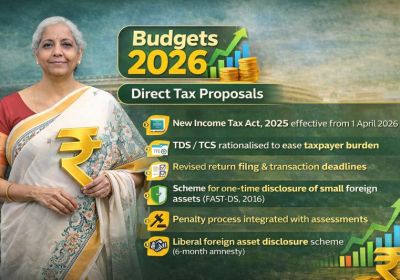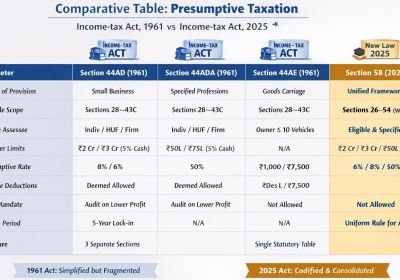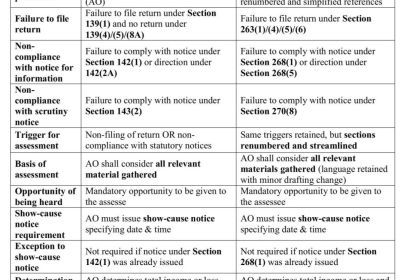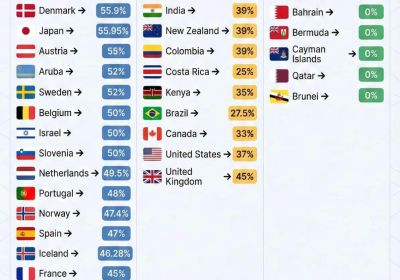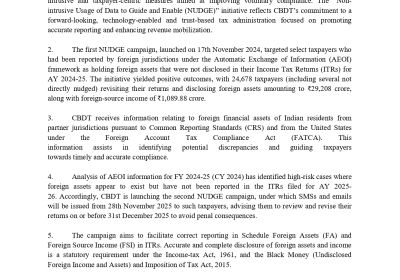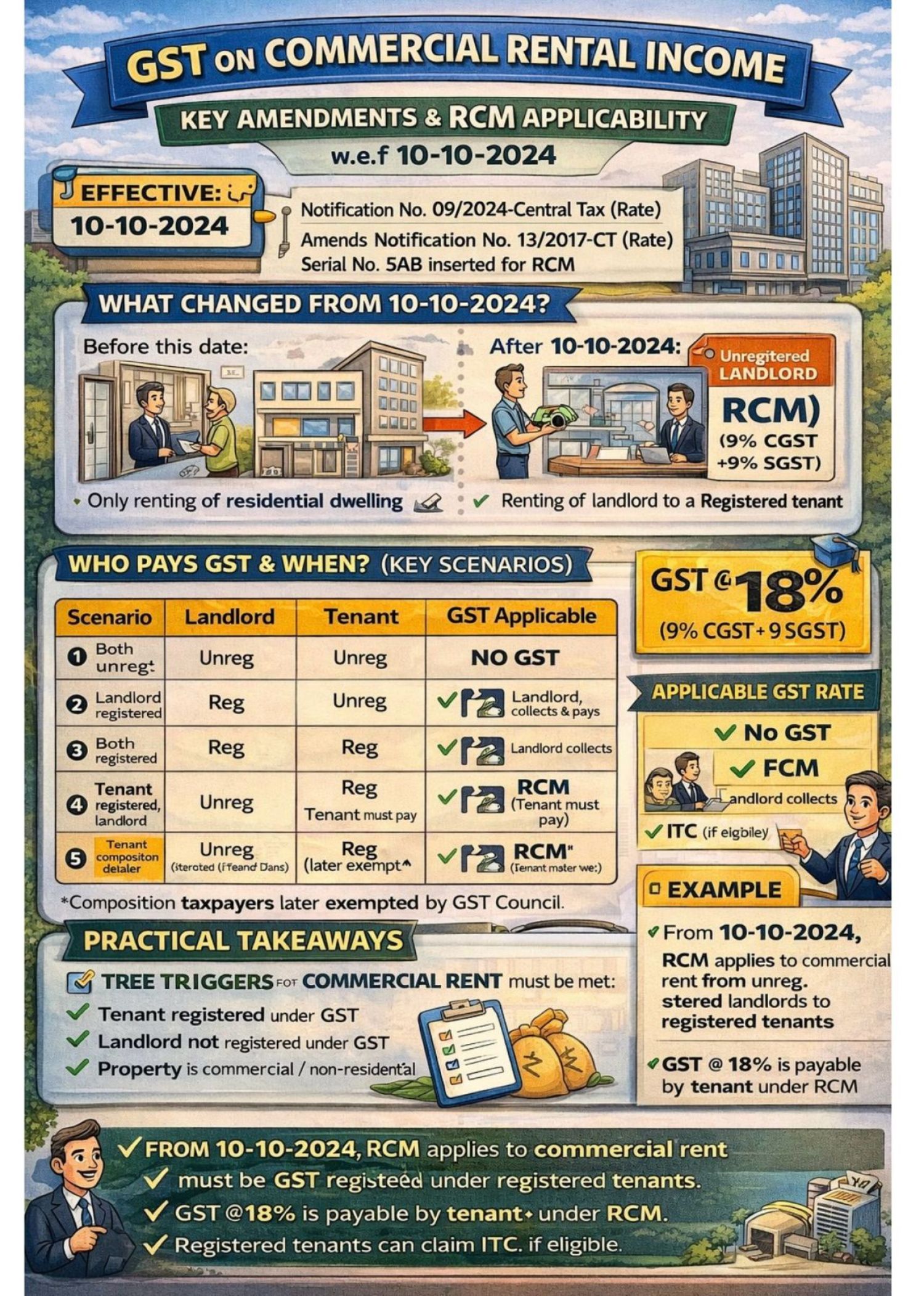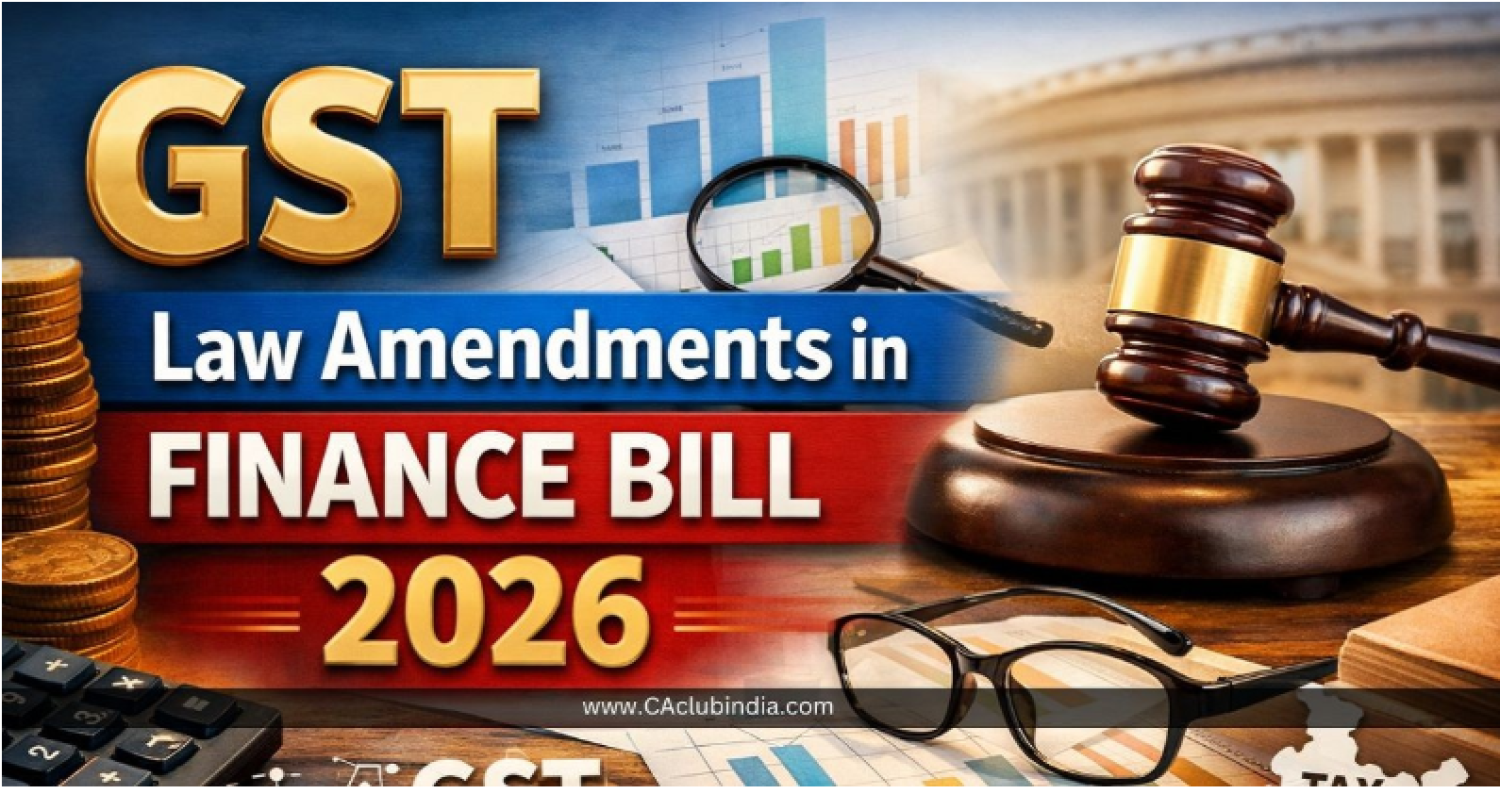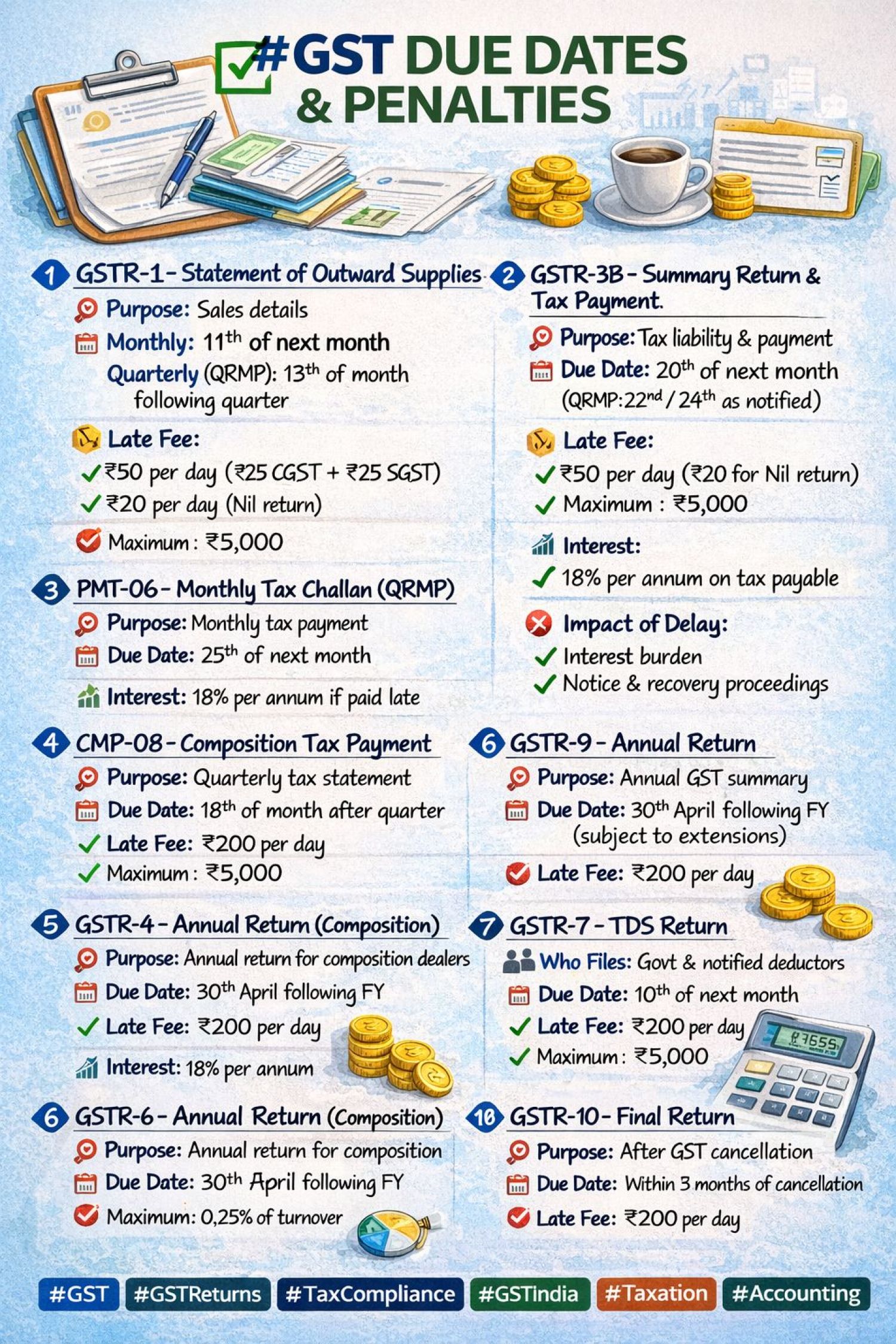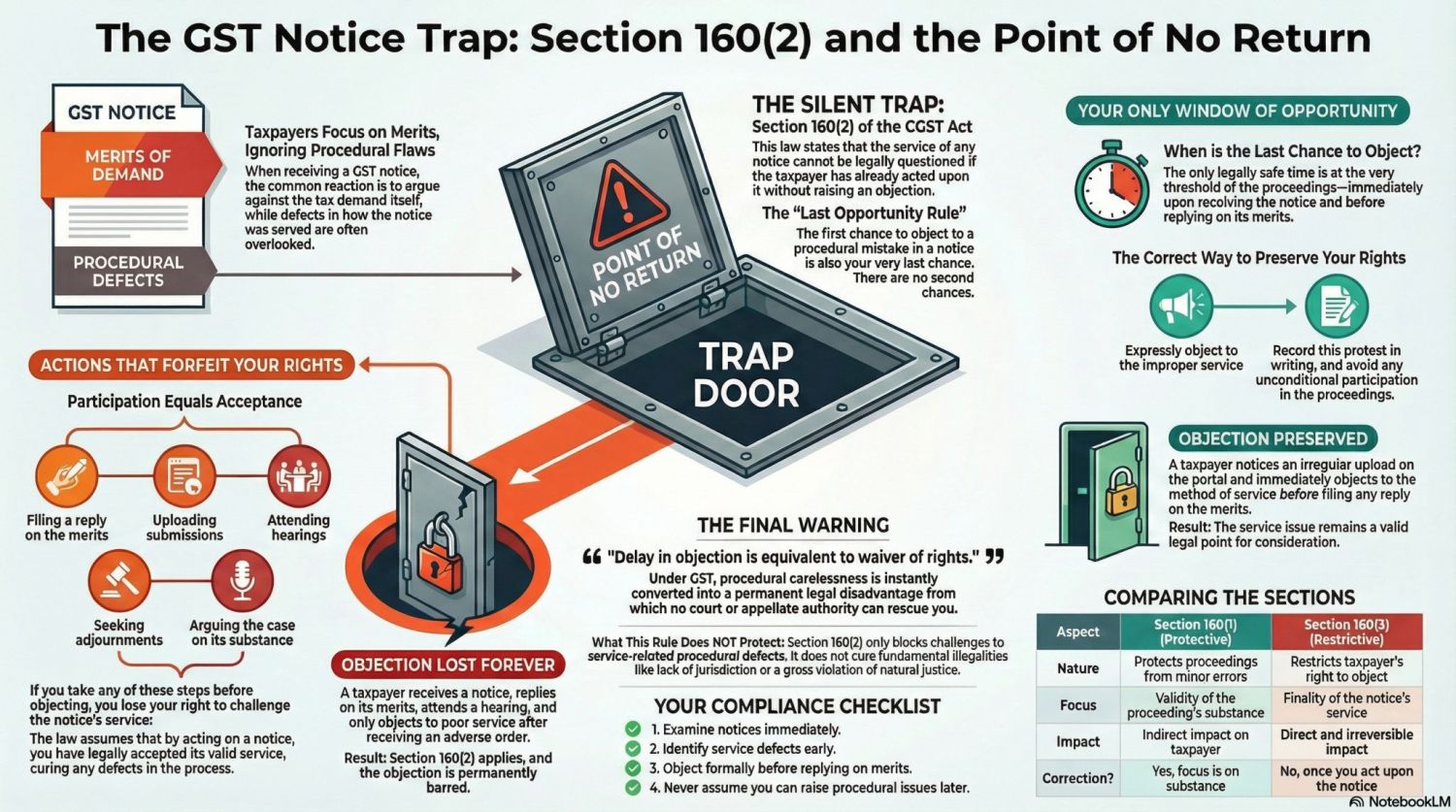Table of Contents
- Amended Section 115bbe For Unaccounted Income
- Introduction:
- Reason For Introduction:
- Applicability To All Assessees:
- Option To Voluntarily Declare In Itr
- Applicability In Tax Assessments:
- Tax Rate:
- No Deductions Or Set-off Allowed: No Set-off Of Losses Or Deductions (w.e.f. Ay 2017-18)
- Judicial Interpretations:
- Impact On Cash Sales And Professionals:
- Conclusion:

Amended Section 115BBE for Unaccounted Income
Introduction:
Section 115BBE was introduced to curb tax evasion by imposing a higher tax rate on unexplained income covered under Sections 68, 69, 69A, 69B, 69C, and 69D. This provision gained significant relevance post-demonetization(2016), as the government intensified its crackdown on black money and unaccounted transactions.
Reason for Introduction:
The primary objective of this section is to deter tax evasion by ensuring that any income not properly accounted for is subject to the highest possible tax burden. It prevents misuse of deductions and exemptions while imposing a stringent tax regime on undisclosed income. Taxpayers should carefully review their tax filings to avoid falling under this section.
Applicability to All Assessees:
The amended provision applies irrespective of legal status, covering:
- Individuals, HUFs, Firms, LLPs, Companies, AOPs, BOIs, Political Parties, Cooperatives.
- Residents and Non-Residents.
- Assessees under Presumptive Taxation (Sections 44AD, 44ADA, 44AE).
Option to Voluntarily Declare in ITR
- Assessees can disclose such income in their Income Tax Return (ITR) and pay tax under Section 115BBE before the end of the previous year.
- The section applies if unexplained income is Declared in an ITR or Discovered during assessment. The Finance Bill, 2018 clarified that tax applies whether the income is voluntarily declared or assessed by the AO.
Applicability in Tax Assessments:
- No Minimum Threshold: The section applies without any minimum limit. Even a small unexplained income of ₹1,000 can be taxed under Sections 68, 69, 69A, 69B, 69C, and 69D. Section 115BBE applies when a taxpayer has unexplained income under the following provisions:
- Section 68 – Unexplained cash credits
- Section 69 – Unexplained investments
- Section 69A – Unexplained money, bullion, jewelry, etc.
- Section 69B – Unexplained investments where the recorded amount is understated
- Section 69C – Unexplained expenditure
- Section 69D – Amount repaid on hundi transactions
If such income is declared in return or detected during an assessment, it is taxed under Section 115BBE.
Tax Rate:
Initially, the tax rate under Section 115BBE was 30%, but after the Finance Act, 2016, it was increased to 60% (effective from AY 2017-18). However, Surcharge (25%) and cess (4%) apply, making the effective tax rate 78%. So summarizes that Tax Rate & Effective Tax Burden - Unexplained income covered under Sections 68 to 69D is taxed as follows:
- Flat 60% tax (as per the Taxation Laws (Second Amendment) Act, 2016)
- 25% surcharge on tax = Effective tax of 75%
- Cess @ 4% on tax + surcharge = Total tax burden of 78%
- Effective Tax Rate = 78%
- Additionally, a penalty of 10% of tax payable may apply under Section 271AAC if the income is not voluntarily disclosed.
No Deductions or Set-Off Allowed: No Set-Off of Losses or Deductions (W.e.f. AY 2017-18)
- The Finance Act, 2016 amended sub-section (2) to disallow any set-off of losses against income assessed under Sections 68 to 69D. and said amendment resolved judicial conflicts, such as those between the Gujarat High Court (which denied set-off) and the Madras High Court (which allowed set-off).
- Prior to AY 2017-18: Losses could be set off against unexplained income.
- From AY 2017-18 onwards:
- No deduction, allowance, or loss set-off is allowed under any provision of the Act. No deductions, exemptions, or set-off of any losses are permitted against income taxed under Section 115BBE.
- CBDT Circular No. 11/2019 (Dated June 19, 2019) clarified that this amendment is prospective and applies only from AY 2017-18 onwards.
- This ensures that unexplained income is taxed at the maximum rate without any relief, making it a severe deterrent for tax evaders.
Judicial Interpretations:
- Cases like Fakir Mohmed Haji Hasan v. CIT (Gujarat HC) and CIT v. Chensing Ventures (Madras HC) provided different views on whether unexplained income is eligible for set-off.
- Post-2016 amendment, no loss or deduction is allowed against income under Section 115BBE.
- Gujarat HC (Fakir Mohmed Haji Hasan v. CIT): No deduction or set-off allowed on deemed income.
- Madras HC (CIT v. Chensing Ventures): Initially allowed set-off, but later overturned post-amendment.
- Kim Pharma (P) Ltd v. CIT (P&H HC): Brought-forward losses cannot be set off against unexplained income.
Impact on Cash Sales and Professionals:
- If cash sales are not satisfactorily explained, they can be treated as unexplained income and taxed under Section 68.
- Professionals with unaccounted receipts may face difficulty proving their income sources, potentially leading to Section 115BBE taxation.
Conclusion:
Section 115BBE is one of the strictest anti-tax evasion provisions. With no deductions, no set-offs, and an effective tax rate of 78%, This Section 115BBE is undoubtedly a powerful tool in the government’s arsenal against unaccounted income. By imposing the highest tax rate without any benefits of deductions or loss adjustments, it ensures strict penalization of unexplained income. Thus, it serves as a "lethal weapon" in the fight against black money and tax evasion.it ensures that any unexplained income is heavily penalized.

